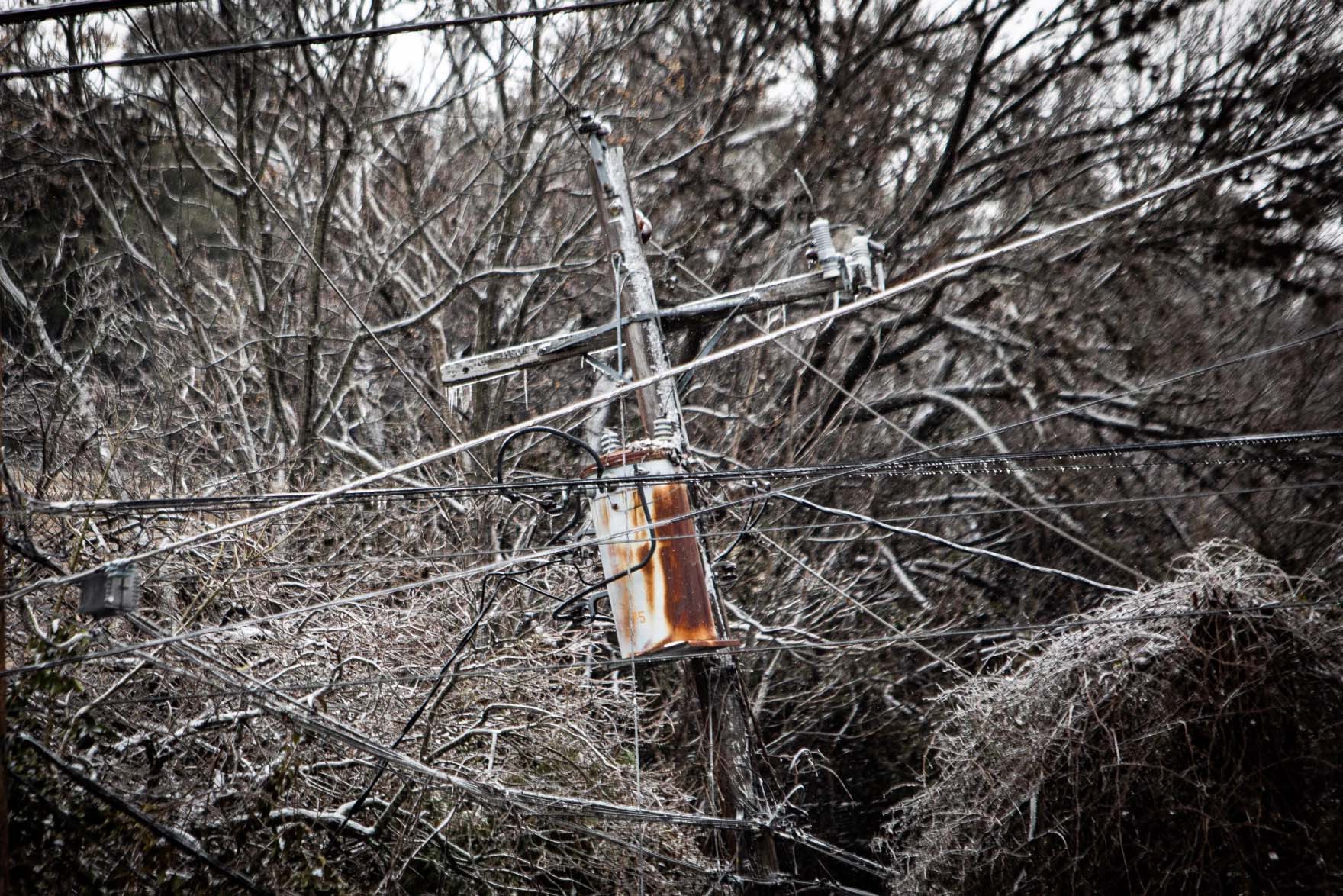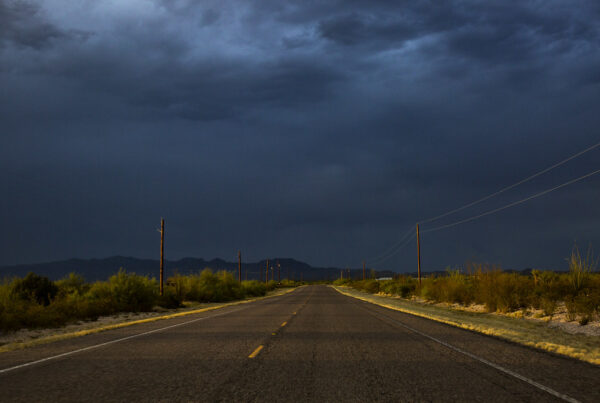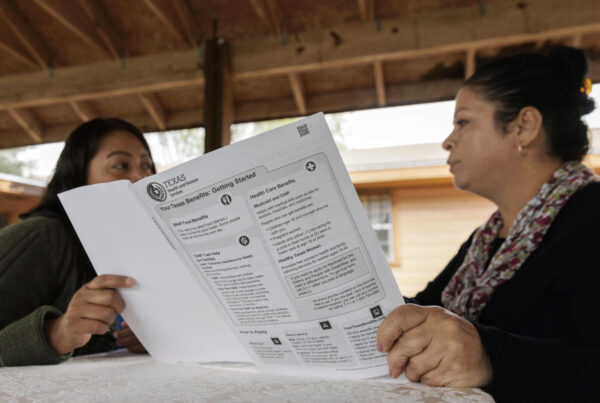From KUT:
Almost three years since the deadly Texas blackout of 2021, a panel of judges from the First Court of Appeals in Houston has ruled that big power companies cannot be held liable for failure to provide electricity during the crisis. The reason is Texas’ deregulated energy market.
The decision seems likely to protect the companies from lawsuits filed against them after the blackout. It leaves the families of those who died unsure where next to seek justice.
In February 2021, a massive cold front descended on Texas, bringing days of ice and snow. The weather increased energy demand and reduced supply by freezing up power generators and the state’s natural gas supply chain. This led to a blackout that left millions of Texans without energy for nearly a week.
The state has said almost 250 people died in the winter storm and blackout, but some analysts call that a serious undercount.
Within days of the storm, Texans affected by the failure of the energy system began filing lawsuits. Some of those suits were brought against power generators whose plants had stopped working in the storm or had run out of fuel to generate electricity.
After years of legal process, a three-judge panel convened to decide on the merits of those lawsuits.
This week, Chief Justice Terry Adams issued the unanimous opinion of that panel that “Texas does not currently recognize a legal duty owed by wholesale power generators to retail customers to provide continuous electricity to the electric grid, and ultimately to the retail customers.”
The opinion states that big power generators “are now statutorily precluded by the legislature from having any direct relationship with retail customers of electricity.”
The Texas energy market
That legal separation of power generation from transmission and retail electric sales in many parts of Texas resulted from energy market deregulation in the early 2000s. The aim was to reduce energy costs.
Before deregulation, power companies were “vertically integrated.” That means they controlled generators, transmission lines and sold the energy they produced and transported directly to a regional customer base. Parts of Texas, like Austin, with publicly owned utilities still operate under such a system.
But in other parts of the state, deregulation broke up those regional energy monopolies, creating competing energy-generating companies and retail electric providers that buy power wholesale from generators and then re-sell it to residential consumers.
“One consequence of that was, because of the unbundling and the separation, you also don’t have the same duties and obligations [to consumers],” Tré Fischer, a partner with law firm Jackson Walker who represented the power companies, told KUT.
“The structure just doesn’t allow for that direct relationship and correspondingly a direct obligation to continually supply the electricity even if there’s a natural disaster or catastrophic event,” he added.
In the opinion, Justice Adams noted that, when designing the Texas energy market, state lawmakers “could have codified the retail customers’ asserted duty of continuous electricity on the part of wholesale power generators into law.”
What comes next?
The opinion applies to five cases the panel of judges took as representative of the hundreds filed after the blackout. Because of the ruling, it is unlikely that any of those lawsuits against power companies could be successful, according to the court.
But plaintiffs’ lawyers have told Texas Law Book they plan to appeal.
Fischer said the plaintiffs’ attorneys could ask the entire First Court of Appeals to review the panel’s opinion, or they could appeal to the Texas Supreme Court. KUT has reached out to lawyers representing plaintiffs in these cases and will update if we hear back.
The state Supreme Court has already ruled that the Electric Reliability Council of Texas, the state’s power grid operator, enjoys sovereign immunity and cannot be sued over the blackout.
Now, this recent opinion leaves the question of who, if anyone, may be taken to court over deaths and losses incurred in the blackout.
“It’s certainly left unaddressed by this opinion because the court wasn’t being asked that question,” Fischer said. “If anything [the judges] were saying that is a question for the Texas Legislature.”
















